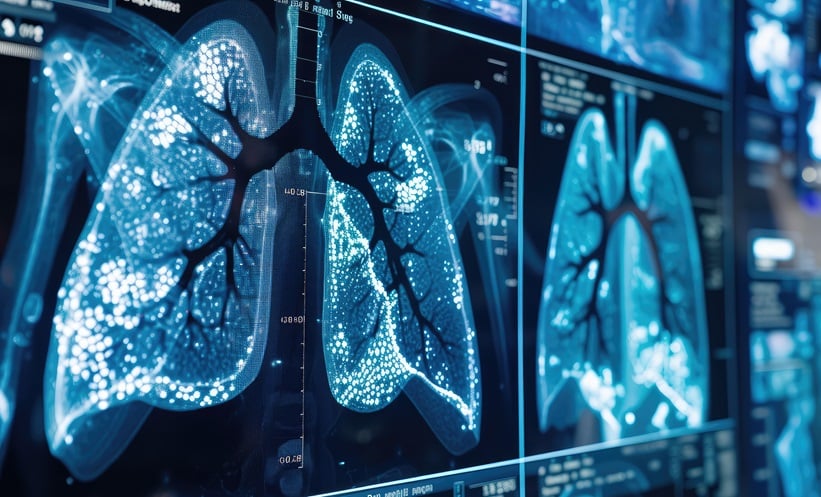A NOVEL deep-learning system integrated with dynamic contrast-enhanced MRI (DCE-MRI) has emerged as a promising tool for predicting pathological complete response (pCR) in breast cancer patients undergoing neoadjuvant chemotherapy, according to research presented at the RSNA 2024 conference.
The research team revealed that the system demonstrated high predictive accuracy in a large-scale study. “The … system presents a fully automated, non-invasive, and reliable tool for early pCR prediction in breast cancer patients,” they told attendees.
The study examined 4,041 women from 10 medical centres and data from The Cancer Genome Atlas Program. Participants underwent DCE-MRI prior to chemotherapy and were divided into training, internal testing, external testing, and prospective testing sets. The deep-learning model achieved impressive results, with the area under the curve (AUC) ranging from 0.807 to 0.853 across different test groups, including an AUC of 0.833 in the prospective testing set.
Neoadjuvant chemotherapy is the standard treatment for locally advanced breast cancer, with pCR associated with significantly improved patient outcomes. However, accurate prediction of pCR remains a challenge. DCE-MRI offers detailed tumour insights but is hampered by the complexity of response patterns and variability in interpretation.
The team developed their system using pre-enhanced and peak-enhanced phase images from DCE-MRI. Additionally, RNA sequencing and genetic analysis of 100 women indicated that high scores from the model were linked to the upregulation of immune-mediated genes and pathways.
“The underlying biological basis of deep-learning for pCR prediction might be related to the up-regulation of immune-mediated genes and pathways,” the team noted.
These findings underscore the potential of AI-driven tools in advancing personalised cancer care. By providing clinicians with an accurate, automated method to assess treatment response, the deep-learning system could pave the way for more tailored therapeutic strategies, optimising outcomes for breast cancer patients.
The study has highlighted how technology is reshaping the landscape of oncological diagnostics and treatment planning, offering hope for improved precision medicine approaches.
Reference
Dai Y et al. RSNA Annual Meeting, 1–5 December, 2024.








